Papua New Guinea – National Workshop on Coordination Mechanisms and Comprehensive National Strategy on SALW
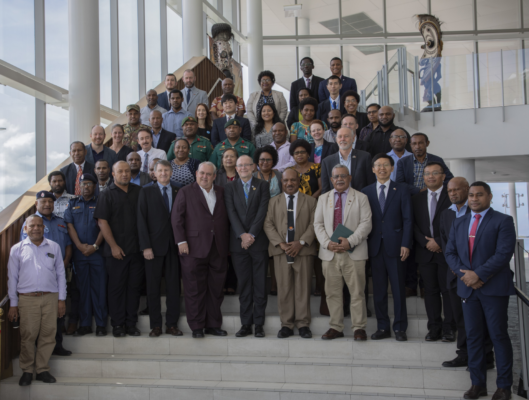
From April 15 to 17, 2024, Port Moresby, Papua New Guinea, became the focal point for a critical gathering aimed at addressing one of the country’s most pressing issues: the proliferation and misuse of small arms and light weapons (SALW). Organized by the Department of Prime Minister and National Executive Council (DPMNEC) in collaboration with the United Nations Regional Centre for Peace and Disarmament in Asia and the Pacific (UNRCPD) and the United Nations Country Team in Papua New Guinea, the National Workshop on Coordination Mechanisms and Comprehensive National Strategy on Small Arms Control brought together a diverse group of 77 participants. This included government officials, parliamentarians, civil society organizations, religious leaders, media representatives, international development partners, and UN agencies.
The workshop was a part of the broader Saving Lives Entity Facility (SALIENT) initiative and was conducted in synergy with the UN Office for Disarmament Affairs (UNODA)’s global project supporting the United Nations Programme of Action to Prevent, Combat, and Eradicate the Illicit Trade in Small Arms and Light Weapons in All Its Aspects (PoA), funded by the European Union.
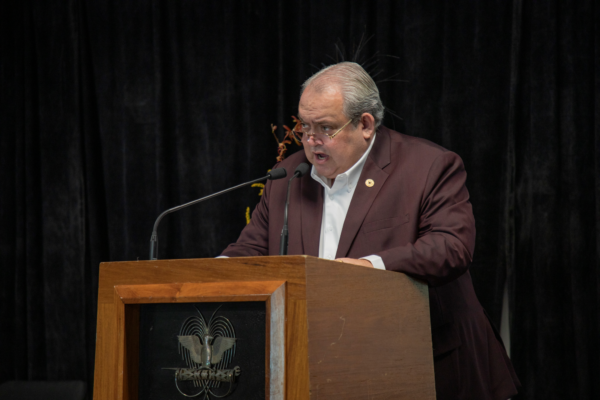
[Picture 1] Hon. Justin Tkachenko, Minister of Foreign Affairs, delivered opening remarks at the workshop
The workshop commenced with opening remarks from key dignitaries, including the Minister for Foreign Affairs, Hon. Justin Tkatchenko, UNDP Resident Representative Mr. Nicholas Booth, and the Head of the European Union Delegation to Papua New Guinea, Mr. Jacques Fradin. They underscored the urgency of addressing the issue of small arms proliferation and the significant impact it has on peace, security, and development in Papua New Guinea. Participants were then introduced to the workshop’s objectives: to develop a comprehensive national strategy to tackle the illicit proliferation and misuse of small arms and light weapons in PNG. The first session set the tone by focusing on the broader context of arms control and armed violence prevention. Various speakers from civil society and governmental agencies provided insights into the current landscape of illicit arms proliferation and gun violence in the country. The debate also emphasized the need for comprehensive strategies, political will, and international cooperation.
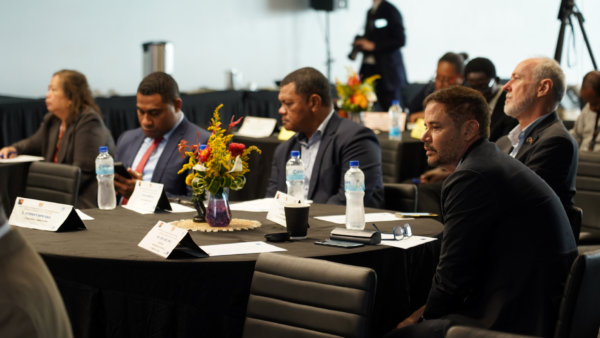
[Picture 2] Participants focused on the broader context of arms control and armed violence prevention in PNG
The second day of the workshop delved into more specific thematic areas through six substantive sessions, each followed by breakout group discussions and Q&A segments. These sessions included strengthening arms control and armed violence prevention, national control systems on SALW, armed violence and its gendered impact, reducing and preventing illicit use and proliferation of small arms, data collection, reporting, and evidence-based violence reduction, and weapons and ammunition management and supply chain security.
Discussions focused on the need for comprehensive strategies, political will, and international cooperation to tackle small arms proliferation and armed violence. The role of a people-centered approach and the significance of law enforcement and regulatory mechanisms were emphasized. The sessions analyzed PNG’s existing national control systems, highlighting the need to amend and enhance legislative frameworks to align with international obligations. The establishment of a National Coordination Mechanism (NCM) and a comprehensive National Action Plan (NAP) were proposed.

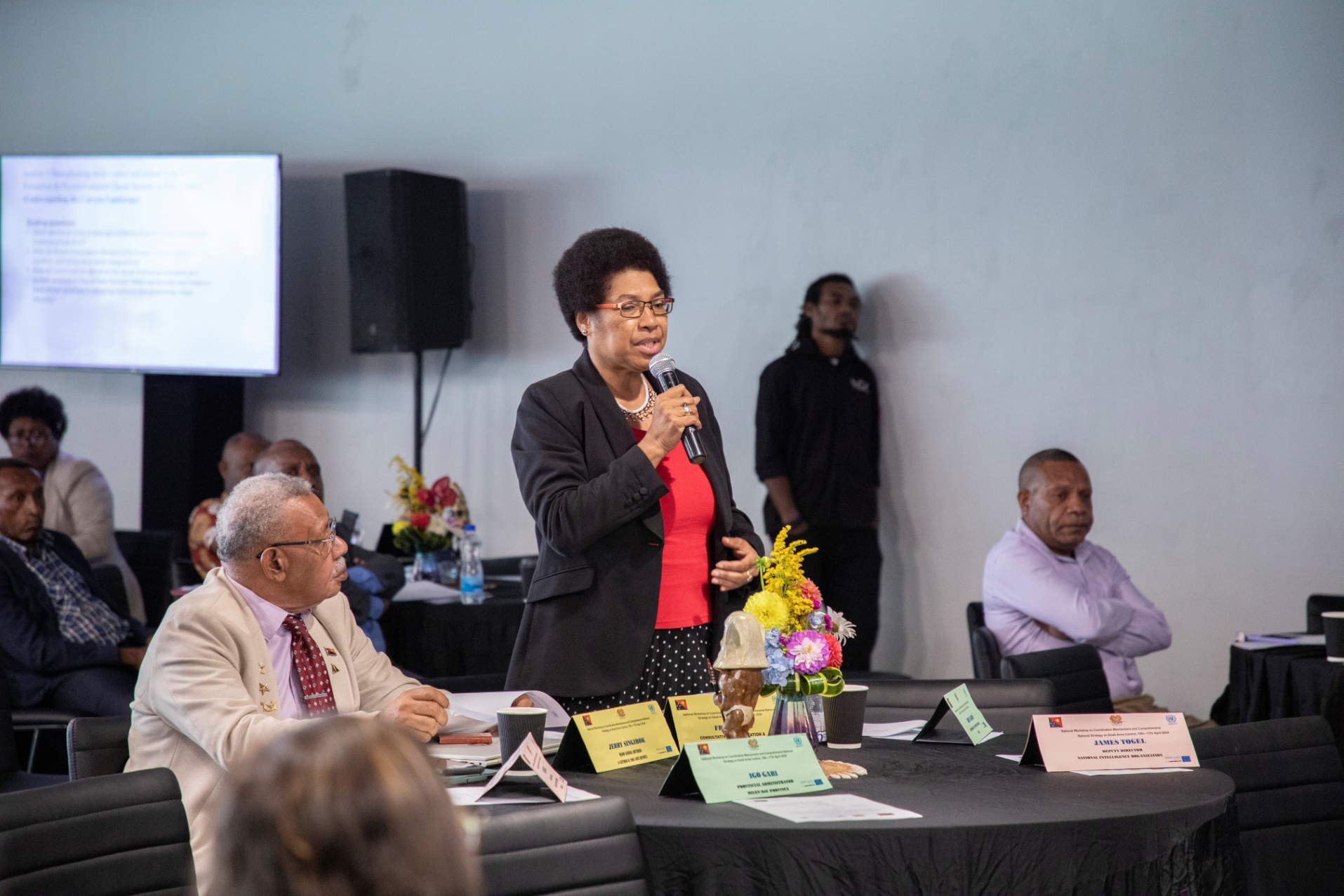
[Picture 3/4] Participants discussed the need to strengthen national controls on small arms and light weapons
Exploring the intersection of small arms and gender-based violence, the workshop emphasized the need for gender-responsive policies and the importance of addressing toxic masculinity and socio-economic challenges. Discussions centered on the lack of control mechanisms for firearms movements and the necessity of capacity-building initiatives for law enforcement. Accurate data collection and analysis were highlighted to inform policy-making and violence reduction strategies. The Small Arms Survey and associated methodologies were discussed, emphasizing the oversight and management of arms and ammunition to prevent their illicit proliferation. Physical Security and Stockpile Management (PSSM) and international assistance and guidance were also emphasized.
The workshop concluded with three practical exercises aimed at translating the discussions into actionable steps. Participants identified objectives, actionable steps, and indicators to address both the demand and supply factors driving the illicit proliferation and misuse of small arms. This exercise aimed to incorporate these elements into a comprehensive and people-centered National Action Plan (NAP) on SALW. Additionally, participants collaborated to outline the key agencies, functions, mandate, mission, vision, and objectives of the proposed National Gun Violence Reduction Council, involving brainstorming sessions to define the structure and roles within the council. Lastly, the exercise aimed to familiarize participants with the updated reporting template, foster discussions on data collection and reporting mechanisms, and support the National Point of Contact (DPMNEC) in submitting the national report ahead of the Fourth Review Conference (RevCon4) on the PoA.
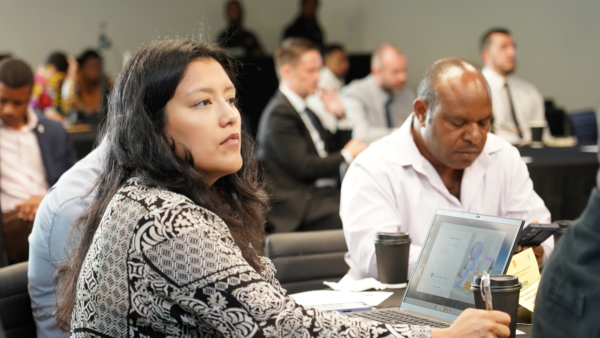
[Picture 5] Participants engaged in practical exercises and made recommendations on way forward
Key recommendations from the workshop included establishing a centralized body to address SALW holistically and implementing a comprehensive record-keeping system, such as a Firearms Registry. Enhancing the capacity of security forces, building trust among citizens, and improving reporting mechanisms for illicit arms were emphasized. Promoting gender equality in law enforcement and addressing the gendered impact of armed violence were also key points. The development and implementation of a comprehensive NAP on SALW control, incorporating recommendations from the 2005 report, and aligning with international frameworks like the ATT and the Firearms Protocol, were strongly recommended. Strengthening data collection and reporting mechanisms, conducting a Small Arms Survey, and establishing a knowledge hub for armed violence research and peacebuilding were also highlighted.
The workshop was officially closed with closing remarks from the Deputy Prime Minister, Hon. John Rosso, the Minister for Police, Hon. Peter Tsiamalili Jnr and the Chief Secretary to the Government, Mr. Ivan Pomaleu. They reiterated the government’s commitment to tackling the issue of small arms proliferation and emphasized the importance of implementing the workshop’s recommendations to achieve sustainable peace and security in Papua New Guinea.
The event underscored the necessity of a coordinated and comprehensive approach to SALW control, integrating legislative reforms, capacity-building, community engagement, and international cooperation. The collaborative efforts and actionable steps proposed during the workshop are expected to pave the way for significant advancements in controlling the illicit proliferation and misuse of small arms and light weapons in Papua New Guinea, ultimately contributing to the establishment of a peaceful and secure society.
For more information contact unrcpd-info@un.org.

